
You know authenticity is how you connect with people, but it’s hard to know how to gain authenticity. Just wanting it does not increase it. Also, our perception of what is authentic changes. For example, five years ago, when social media was new, authenticity was transparency. Today, with most things feeling transparent, authenticity is something more nuanced. Read more
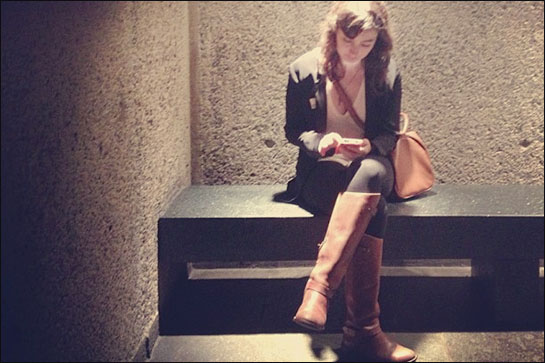
I try to never do New Year’s resolutions. Statistically speaking they’re the path to failure. If you are committed to doing something big, you’ll do it now. Also, in December people have a sense that time is running out, so they do things carefully and methodically. In January people have a sense that it’s a new year and there are twelve fresh months and I think that leads to delusional BS about how much we can get done.

I sent this post to my editor and he said to me, “This is not a blog post. This is a breakdown.”
So fine. It’s a breakdown blog post. But it’s a plyometric breakdown. Do you know what plyometrics are? I learned about this when I played pro volleyball. It’s a way to train your muscles to respond fast. You get your jump to happen in a more explosive way by training your muscles to react faster to shock.
Plyometrics are key to any elite training, even elite-level breakdowns.
Step One: Hate as many people as you can, all at once. Also, hate yourself. Read more
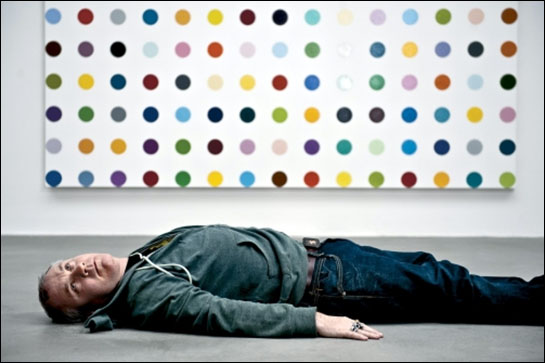
The world of entrepreneurship is typically one of black and white. Magazine covers are full of people who have given up their lives to grow a billion dollar tech company. And the phalanx around those people are the entrepreneurs who want to sell a big company themselves. Which means long hours, huge tradeoffs, and participation in a hard-core boys club.
In that view, entrepreneurship is only for an intrepid few. They are young with no responsibility, or they are rich, with a huge paid or unpaid support system. But I think there is a much more broad way to think about entrepreneurship.
Here are four models for entrepreneurship that no one talks about. See if you find something that’s a good fit for you. Read more
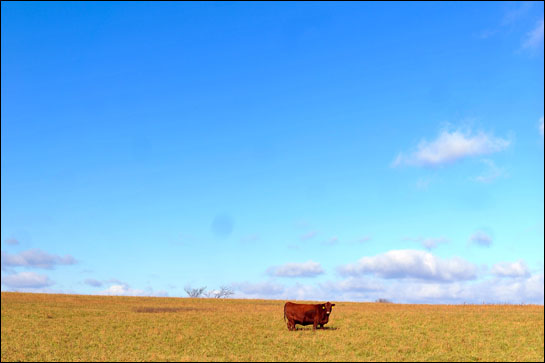
You are not going to make more money by focusing on income. That’s a way to make small, temporary change. You need to make big changes in your approach to your life in order to make big changes in your financial path. Here are four ways to do that.
1. Stop hoping people will pay you to do something good for the world.
You do not get paid to save the world. You get paid to compromise. There are no jobs where you get paid a living wage to learn and do good and live consistently with your values every second of the workday. Those are volunteer jobs. The farther you get from this all-encompassing goodness, the more you get paid. Read more

I am tortured by my books. This is not an uncommon feeling to have. Many people buy books they wish they were reading and then do not read them. Other people are tortured by the obsessive need to repurpose books. Like David Bouley turning books into bricks.
I do not have those particular forms of book torture. I have others.
My first book torture was that I was a latchkey kid in the extreme sense. Like, my parents came home at 8pm and my brother and I used taxi cabs and store credit largely unsupervised. It was hard to get their attention for anything that did not involve physical or mental abuse, but one thing they were always up for was a book recommendation. So I read what they told me to read.
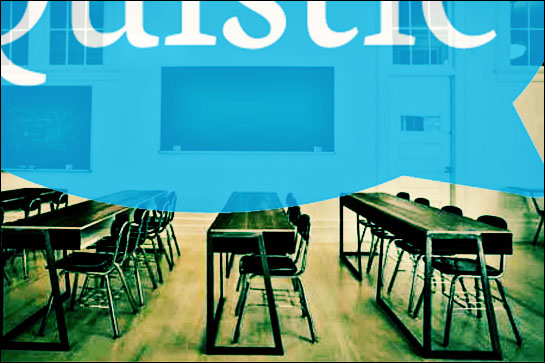
I am so relieved to be writing this post because I’ve been scared for a really long time. It is complete BS when people jump up and cheer about their new company’s launch, telling you how great they feel. Because what’s really happening, to any sane entrepreneur, is that they are terrified.
Quistic is an online learning site where people can build skills to create stable, fulfilling careers. It’s the natural result of all the conversations and events we’ve had together on this blog.
Here’s what I want to happen: Every one of you should try a course, because I really think you’ll like it.
At first I panicked that I was not doing online courses the way everyone else does. But I received effusive feedback about how much people love my video seminars, and then I realized I know how to make online learning feel like a party instead of a lecture. That’s when I decided to make a company out of it. Read more

I spend hours and hours in cello lessons. Not that I pay attention – I answer emails a lot of the time. But there’s no way to not learn if you sit in enough lessons, and the big thing I’ve learned is being a great performer takes guts.
I knew that was true about gymnastics. My editor has a daughter who maybe was on track for the Olympics, but at some point he realized she wasn’t willing to try the crazy, daredevil moves required to compete at that level. Read more
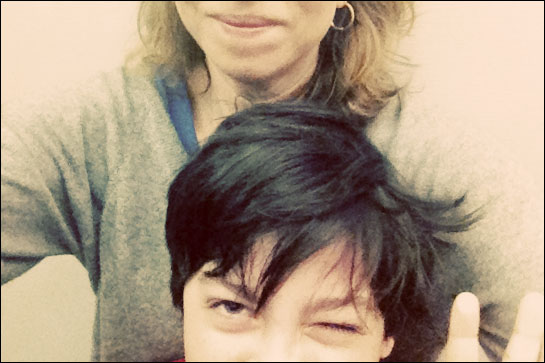
I’m going to ignore the fact that the DSM no longer includes Asperger’s as a diagnosis. Asperger’s remains a useful way to categorize people with very low social skills and very high IQ — and a high rate of manic-depression and suicide. It’s useful to separate out these people in order to help them. It’s like separating out people who have a gene for breast cancer. There are things you can do to make their lives better. Read more
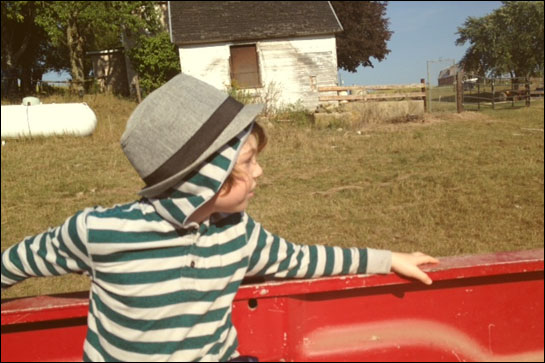
I told Matthew it’s time to take the kids apple picking. “Do you want to come with us?” I said. “We’re going to a place in Illinois.”
“What? What’s wrong with the apple trees here?”
“We have apple trees?”
So the kids and I got in the back of the truck, and Matthew drove over hills and through gates to a pasture full of apple trees. Read more

